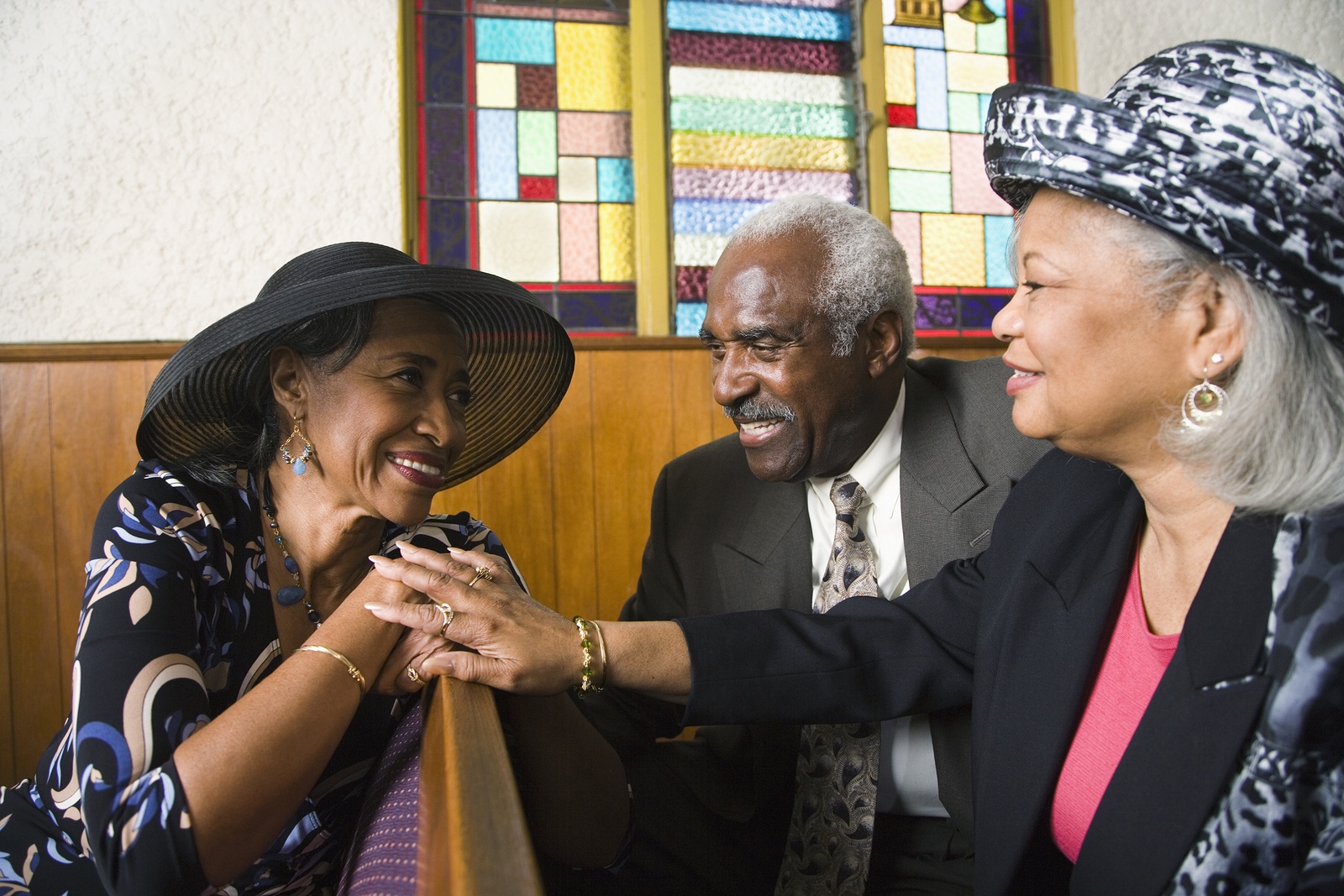I talk with church leaders about fundraising. The end-of-year holidays are one of the most strategic times for collecting donations. We call it the giving season. Every non-profit ministry in the country will make appeals to the members of their church for financial support. What makes these appeals successful?


Pastors that I talk with tell me that the summer months can be hard on their church collections. Historically speaking, church attendance declines in the summer months as families go on vacation or merely stay away to avoid the heat. For churches that rely on the Sunday collection plate for most of their income, this can be a hard time.

Through my work with churches I know that it's common for churches to experience a lull in giving during the summer months. Members go on vacation and don’t donate money while they’re away, or they sometimes neglect to give during the summer in order to save for other activities.

For a church, cash flow can make or break its ability to survive. The reliance on member donations increases the need of church leaders to manage finances through revenue peaks and valleys. A cash reserve can be the buffer to carry you through the valleys. Without a cash reserve to draw from, many churches have found themselves scrambling to raise funds when needs come up.

As far as nonprofits go, a church is one of the most complex organizations for leadership. Church leaders have to balance the spiritual needs of their congregations with the programmatic needs of the communities their churches serve. Meeting these needs requires resources, both human and financial. When your church income relies on the weekly donations of your congregation, it can be a little tricky to ensure that you have consistent cash flow.

It takes leadership and money for a church to experience dynamic growth. Many church leaders, legitimately concerned about church finances, are looking for ways to increase giving from their congregation. They want to tap into the generosity of the members and boost offerings in the church. It doesn’t have to be a daunting task.

The money that supports your church’s ministry comes from faithful people who give because they believe in the mission. For that reason alone, there is a responsibility to manage wisely how the funds are used. The church Budget Committee has the task of oversight. One of their primary duties is to create an annual budget.

Will churches experience a decline in giving because of the newly signed Tax Cuts and Jobs Act? Some fear that the doubling of the standard deduction will result in fewer parishioners who will itemize their deductions. Charitable donations to churches are itemized expenses.

In the world of non-profits, including churches, end of the year donations are critical to the financial well-being of the organization. Why? Many individuals and companies wait till year-end to take advantage of tax advantages. By year end they know where they stand financially, how much they can afford to donate and how a donation could actually help them save money in other areas of their finances.




